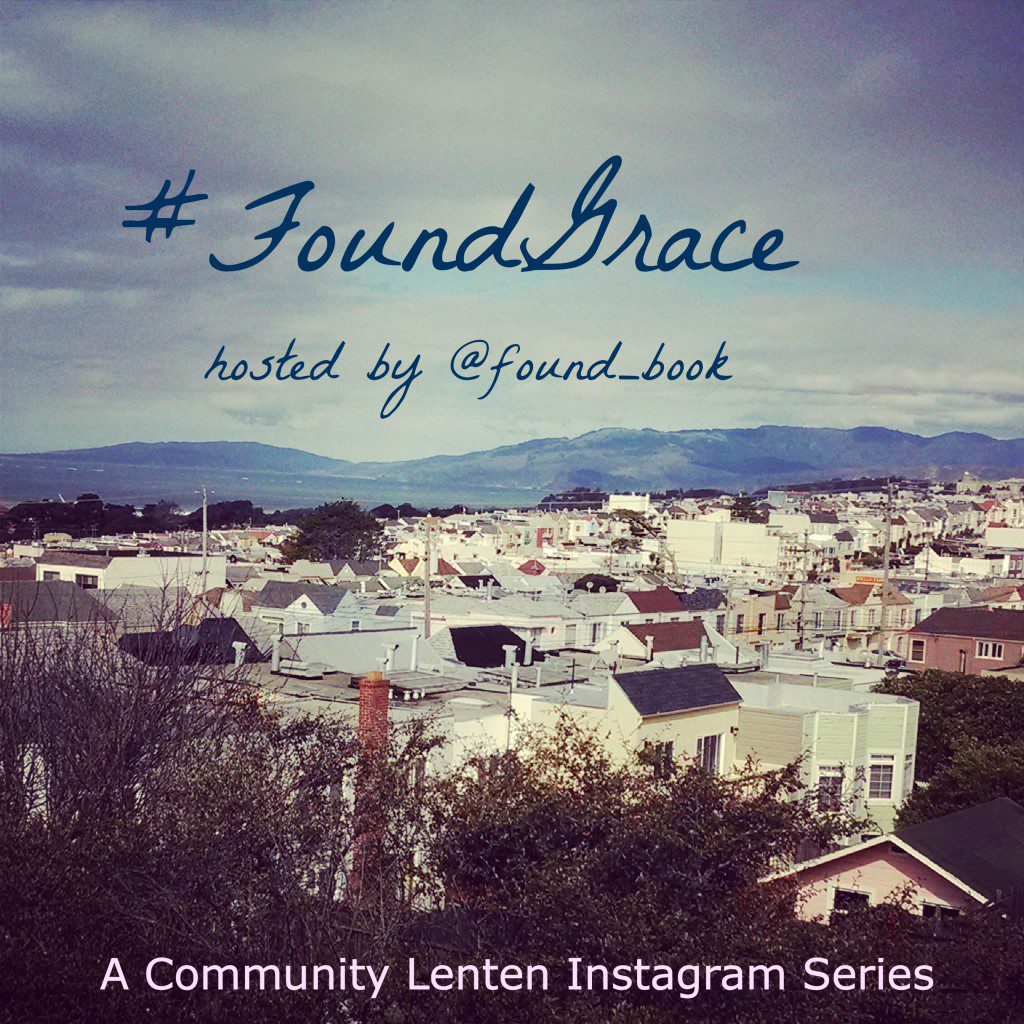I’ve recently gotten to know Joy Bennett in these internet parts and I’m constantly moved by her encouragement, honesty and vulnerability. It’s a gift to have her here today.
I have four children, three living. My oldest fought for her life for eight years through hospital stays, surgeries, therapies, special education, medications, feeding tubes, wheelchairs, emergency rooms, breathing treatments, seizures, and sleepless nights (both hers and ours). She lost her fight in October of 2008. It has been over four years, and I still have a difficult time accepting that those three sentences are part of my story.
We all know in our guts that a parent ought not have to bury their child. It’s against the natural order of things. The old die, not the young.
I have three other children, and that is a gift. Caring for them kept me from drowning in my grief. Caring for them has allowed me to experience new facets of another thing we all know in our guts. I like to think of it as the first law of parenting: a parent ought to love their children no matter what.
No matter what.
I’m no Pollyanna. I know that ought is no unbreakable law. Just as parents like me face the unthinkable and bury our children, so too do parents commit the unthinkable – disown, abandon, or reject a child. I’ve seen it.
The divorce rates among families of children with special needs are staggering – perhaps as high as 85%. When “no matter what” includes caring for a child who will never be typical, will never be the star player or make the honor roll or live independently, many parents can’t do it. I know it’s hard – I’ve been there. I’m embarrassed to say that I’ve punched walls and thrown tantrums and sobbed in utter exhaustion and frustration. I’ve wanted out. But I am committed to “no matter what,” and so is my husband.
My one good phrase is this: “I love you no matter what.” It looks different for my three surviving children, who are relatively healthy and typical. But I repeat it as often as I can, and especially every time they disobey, do something foolish, disrespect me, or confess a wrong: I love you no matter what. Nothing you can do or say will ever change the fact that I love you. I may be disappointed, scared, or sad, but I will never stop loving you.
I want my children to know that they can tell me anything. I want them to trust me. I want them to see in me the love of God, who forgives and loves and offers second chances and can redeem even the worst sinner and sin.
I know this can get messy. When you combine broken people and a broken world, the results are often ugly and painful. I’m under no illusions that life will turn out like an airy-fairy, romantic, Hallmark card. I have a vivid imagination, and I’ve thought through the ramifications of this promise.
One of my children could make a baby out of wedlock. I will love them – all three of them. I will talk them through the options, give my opinion if asked, and pray my heart out as they decide what to do. If they choose to give up the baby, I will pray for and wonder about that grandchild for the rest of my life. Even if they choose abortion, no matter when they tell me, no matter what, I will love them.
My child may choose a different faith, or no faith at all. I will talk with them certainly, and ask questions. But those questions will seek to understand, not manipulate, intimidate, or coerce. I will listen to their questions, to their answers, to their anger and confusion and dreams. I will pray. Most important, I will love them no matter what.
If my child tells me that they are attracted to someone of the same gender, I will hug them so tightly and whisper into their ear, “I love you I love you I love you.” I will cry for all the bigotry and hatred they will experience, and I will fear for their safety. I will defend them to the death. Oh, and I will love the person they love (unless that person breaks my child’s heart, then watch out because all bets are off).
If one of my children becomes addicted to drugs, alcohol, or sex, I will panic every time the phone rings, wondering if this is the day a sheriff or hospital informs me that my child is dead or under arrest. I will stage interventions, pay for rehab programs, and do everything in my power to get them help. But even if they reject it all, even if they reject me, I will still love them.
Even if my child commits a crime, I will love them. I will not stand in the way of the law or the natural consequences of their actions. I will weep tears of disappointment and longing for what could have been. I will wonder what I did wrong. I will mourn over the pain they inflicted on others. I will work for restoration and help them make things right where possible. I will love them.
The one thing I want my children to know is this: “No matter what, no matter how painful, I love you.”











